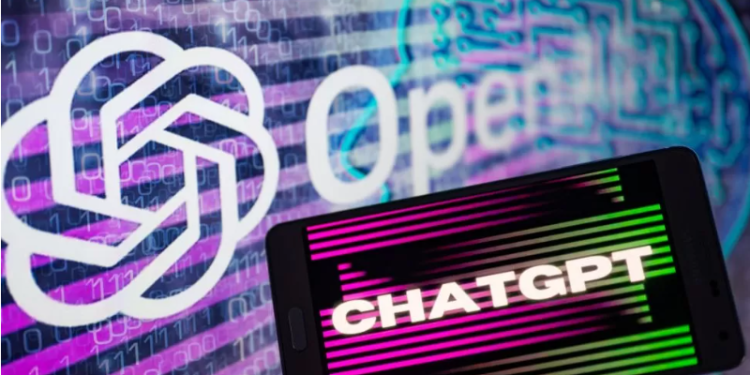Italy is the first Western nation to restrict the sophisticated chatbot ChatGPT.
The Italian data protection authorities expressed privacy concerns regarding the model developed by the American startup OpenAI and funded by Microsoft.
The governing body announced it would ban and investigate OpenAI “immediately.”
ChatGPT has been utilised by millions of people since its inception in November 2022.
Using the internet as it was in 2021 as its database, it is able to answer inquiries using natural, human-like language and imitate various writing styles.
Microsoft has invested billions of dollars into it, and Bing included it last month.
Microsoft has also stated that it will incorporate a version of the technology into its Office applications, such as Word, Excel, PowerPoint, and Outlook.
Concerns have been raised regarding the possible dangers of artificial intelligence (AI), including its threat to jobs and its ability to propagate disinformation and prejudice.
This week, prominent people in the tech industry, including Elon Musk, called for a halt to the development of these types of AI systems, citing concerns that their development was out of control.
The Italian regulator announced that it will not only prohibit OpenAI’s chatbot, but also investigate whether it complies with the General Data Protection Regulation.
GDPR regulates the use, processing, and storage of personal data.
The regulator reported on March 20 that the app had suffered a data breach including user interactions and payment information.
It stated that there was no legal justification for the “bulk gathering and storage of personal data for the aim of ‘training’ the algorithms underlying the platform’s operation.”
It also stated that because there was no method to verify the age of users, the app “exposes kids to replies that are completely inappropriate for their level of development and understanding.”
Bard, Google’s rival artificial intelligence chatbot, is now accessible, but only to certain individuals over the age of 18.
The Italian data protection authorities stated that OpenAI has 20 days to respond to the watchdog’s concerns or face a fine of €20 million ($21.7 million) or up to 4% of yearly earnings.
The Irish data protection commission, which is responsible for upholding the fundamental right of EU citizens to have their personal data protected, told the BBC that it is following up with the Italian regulator to understand the basis for their action and “will coordinate with all EU data protection authorities” regarding the ban.
The Information Commissioner’s Office, the UK’s independent data regulator, stated to the BBC that it would “encourage” breakthroughs in artificial intelligence, but would also “fight noncompliance” with data protection regulations.
SecurityScorecard’s Dan Morgan stated that the ban demonstrates the significance of regulatory compliance for European-based businesses.
“Companies must prioritise the security of personal data and adhere to the EU’s rigorous data protection standards; compliance is not optional.”
“Not adequately controlled”
Following the filing of a complaint in the United States, the consumer advocacy organisation BEUC urged EU and national authorities – including data-protection watchdogs – to examine ChatGPT and similar chatbots.
Although the EU is presently drafting the world’s first AI legislation, BEUC is concerned that it will be years before the AI Act goes into effect, leaving consumers vulnerable to harm from an inadequately regulated technology.
Ursula Pachl, deputy director general of BEUC, cautioned that society is “not sufficiently secured against the harm” that AI can inflict.
“There are rising concerns about the potential for ChatGPT and related chatbots to deceive and manipulate people,” she added. “These artificial intelligence systems require increased public scrutiny, and public authorities must reclaim control over them.”
Some nations have already blocked ChatGPT, including China, Iran, North Korea, and Russia.














































